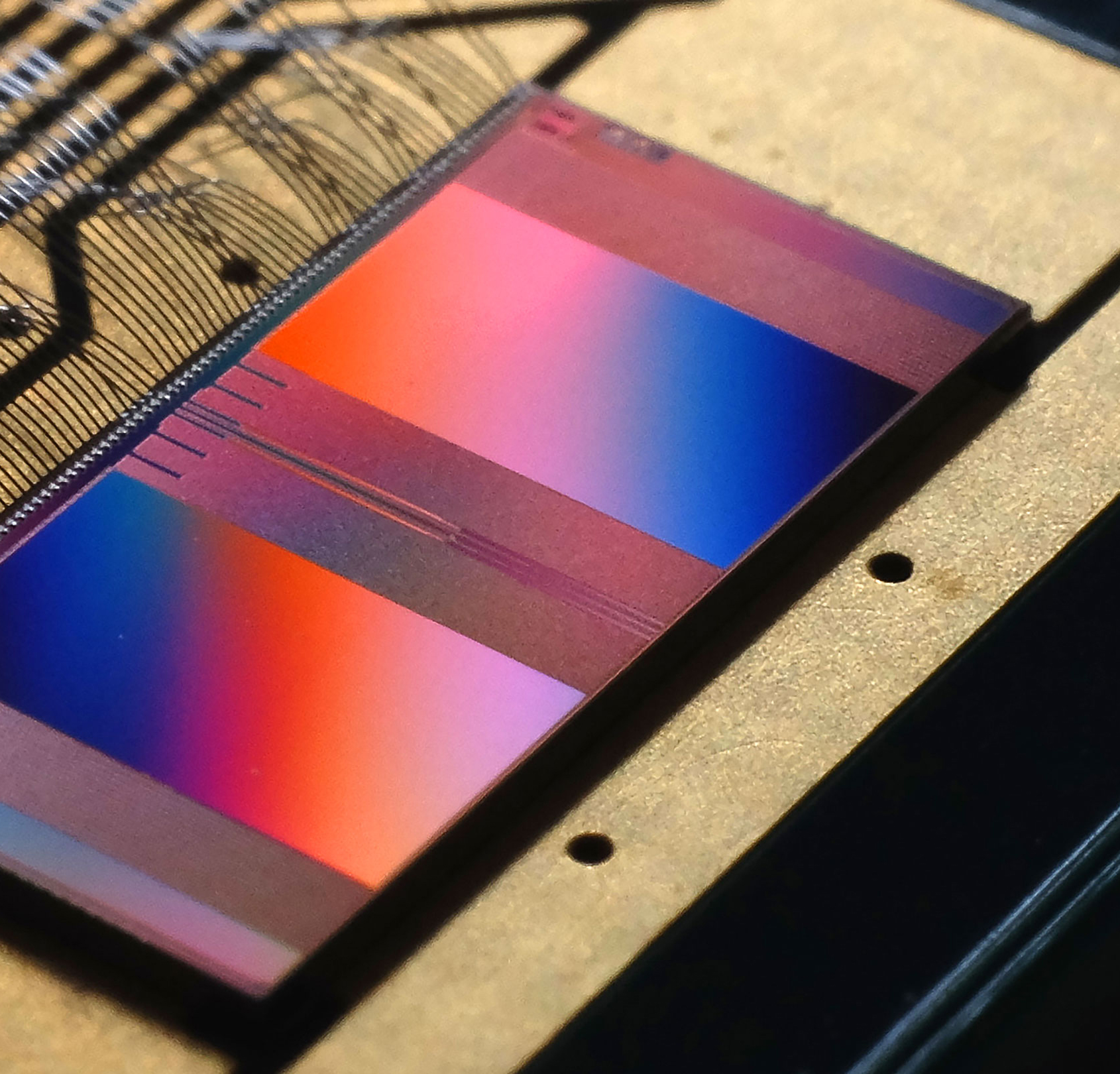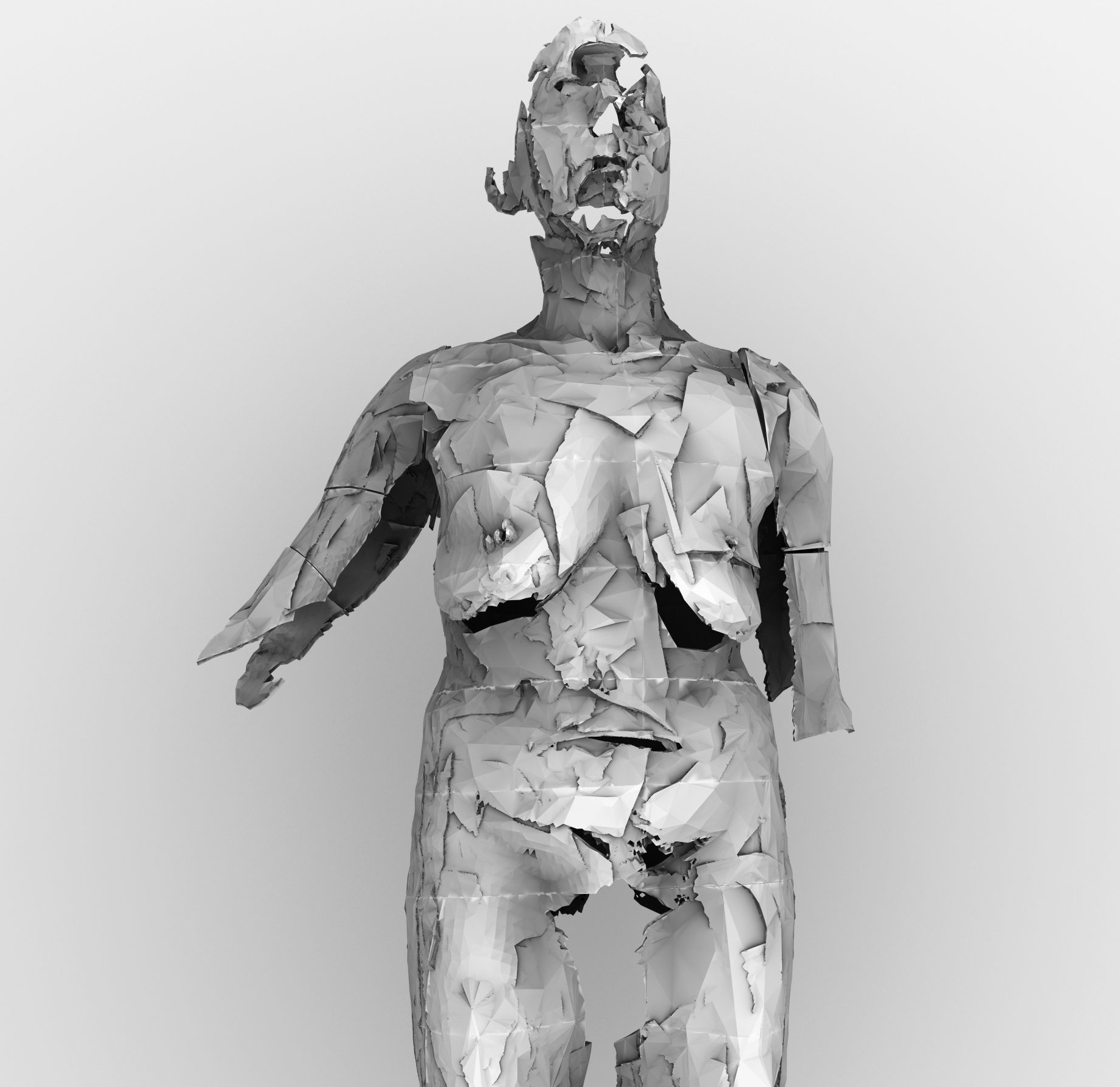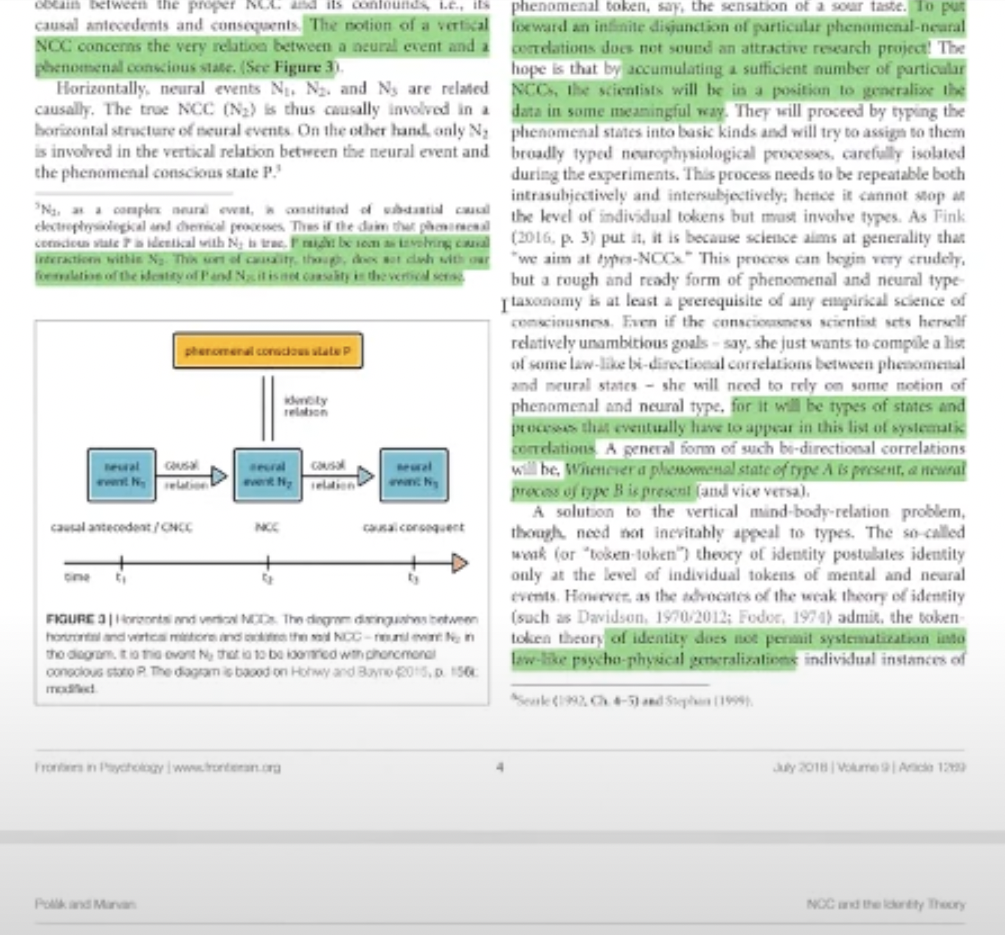 |
April 2022 Newsletter
Featured Research
Connecting the Brain to Itself through an Emulation
Mijail D. Serruya
Whole brain emulation and brain-computer interfaces could ameliorate neurological disease as well as improving human cognition. In order to enhance or restore neural function, the brain could be partially or fully emulated. Additionally, the recording of many neurons in the brain is essential to the development and implementation of emulation.
Emulating Insect Brains Using Anatomical Wiring Diagrams
Logan T Collins
WBE might be pioneered by the construction of computational insect brains. This could act as a stepping stone, propelling the technology forward, and could be realistically achieved in the near future. Emulating insect brains would advance neuroscientific knowledge by allowing for numerous studies and increased understanding.
Mind Uploading Media

AI Overcomes Stumbling Block on Brain-Inspired Hardware
Quanta Magazine
The technology of artificial intelligence continues to progress. AI algorithms have now been implemented on neuromorphic hardware, allowing neural networks to become more efficient by consuming less energy. Emulating spiking neurons enabled researchers to develop a device that transfers information faster than the brain.

Ghost in the Cloud
N+1 Magazine
In an essay spanning the subjects of transhumanism, mind uploading, and religion, Meghan O’Gieblyn draws parallels between technological life extension and the idea of an afterlife. The article argues that transhumanism as a movement is a manifestation of an age-long yearning for the transcendence of limitations.

Neural Correlates of Consciousness Meet the Theory of Identity
Carboncopies Journal Club
This journal club from January 2020 features a presentation on the intersection of neural correlates of consciousness and the theory of identity of mind. A paper by Michal Polák and Tomáš Marvan argues that this theory is essential for understanding consciousness, and that neural correlates should not be seen as the cause of conscious states.
Help our readers stay informed!
Open Tasks & Roles
Director of Donations
Grants Department
This journal club from January 2020 features a presentation on the intersection of neural correlates of consciousness and the theory of identity of mind. A paper by Michal Polák and Tomáš Marvan argues that this theory is essential for understanding consciousness, and that neural correlates should not be seen as the cause of conscious states.
Software Developer Lead
ERS Division, BrainGenix
As the Lead of the Environmental Rendering System (ERS) division, you will be part of our neural simulation platform department at the Carboncopies Foundation. You will take on managerial tasks of the division, including overseeing the team, onboarding members, creating updates on progress, and managing meetings.
Animator
Communications Department
The Communications Department is seeking an animator to help create videos for a public awareness campaign and other projects. Your role will be to develop animations to accompany text. You will help the Carboncopies Foundation reach a broader audience with interesting and informative content.
Game Developer
BrainGenix Department
The BrainGenix Department is seeking game developers to design the mechanics and systems for our upcoming Open-Source WBE video game.
IT Department Lead
Office of Operations
The Carboncopies Foundation is growing and has recently realized there is a need for a specific department responsible for making sure all our digital tools work as intended. When needed, this department would lend IT support to other teams.
OpenCL Developer
BrainGenix Department
You will be responsible for designing and writing OpenCL-based compute kernels for a range of problems — from physics simulations to sensory translation.
Vulkan Developer
BrainGenix Department
The Vulkan developer will help with designing and writing a high-performance real-time rendering system designed to work on headless servers.
Level Designer
BrainGenix Department
The BrainGenix Department is seeking level designers for creating the virtual environments for our upcoming Open-Source video game. As a level designer, you would be responsible for creating detailed open-world environments with our editor.
3D Modeler
BrainGenix Department
We are looking for someone who can produce 3D models for our open-source video game. As a 3D modeler, you would be working with our BrainGenix and Communications departments, joining a team of motivated, talented professionals.
Multimedia Specialist
Events Department
You will be assisting in the creation of neuroscience-related digital content for organizational events.
© 2022 Carboncopies |


